There are two letters from readers sitting on my desk, each one tugging at me, competing for my mood and mindset. I may be an optimist, but I’ll start with the more negative of the two. It comes from a reader in Oreland, a response to editor’s notes I had written about the ill-conceived idea put forth by the Lower Merion School Board to level the beautiful Stoneleigh Garden and replace it, or part of it, with ballfields for middle school students. (Shockingly, this plan is not dead.)
In those notes, written in a moment of despair, I lamented the extinctions that are rapidly occurring because of habitat destruction by human beings. Palm oil, a significant culprit in this grave problem, is the ingredient corporations are after, and they buy it from sources that level the rainforest so oil palm trees can be planted. Depressingly, palm oil is an unnecessary ingredient, largely used for frivolous products, like (lousy) chocolate bars and ice cream.
The writer of the first letter had this to say: “Unfortunately and tragically, humanity has gone too far down the path, and we’re beyond the point of no return. It is simply too late to reverse this sorry state of affairs. All creation is doomed.”
The second comes from a young woman, Shikha Islam, a senior at Central High School and a resident of Northeast Philadelphia. It’s an impassioned letter about the importance of solar energy. She thoughtfully lists the pros and cons of hydropower, wind power and solar. Her conclusion: “In the 21st century clean green energy should be a concern of everyone. Everyone who is able to do so, should try to install solar panels at their homes and/or businesses.”
It’s a heartening letter. Coincidentally, Shikha sent it prior to the publishing of our cover story last month about solar power, which I wrote. While reporting on that story, I met three employees from Philly-based Solar States, who had graduated from city-funded work programs to full-time jobs. One of them, Thomas Glenn, admitted that prior to working in environmental fields, he was a litterbug. Now he drives a Prius, speaks authoritatively about defending the environment and wouldn’t dream of throwing a wrapper on the ground. Shaleia Quarles, who handles permitting for customers at Solar States, also credits her work in the environmental sector with changing her life. She says, “The Earth is a living thing just like us. We have to take care of [the planet] like we take care of ourselves and a lot of people don’t realize that.”
So there are a lot of reasons to hope. Yet, it seems every day there is something in the news about the environment that brings you right back down again. “Climate Change Is Killing the Cedars of Lebanon.” “Global warming is making some geese speed up their northward spring migration.” “Interior Department Proposes a Vast Reworking of the Endangered Species Act.” These are all published in a 48-hour window by the New York Times.
But then you see the changes that are happening in our society and this generation, which is demanding that institutions of higher education provide them with the degrees they need to devote their lives to making the world a better place. It’s a race—a sprint and a marathon rolled into one—between the rapid destruction of our environment and the transformation of our values. It’s understandable if we falter occasionally and succumb to despair. But we’re not allowed to give up. There is only one outcome possible if we do. So we hold out and do the best that we can, knowing reinforcements are on the way.


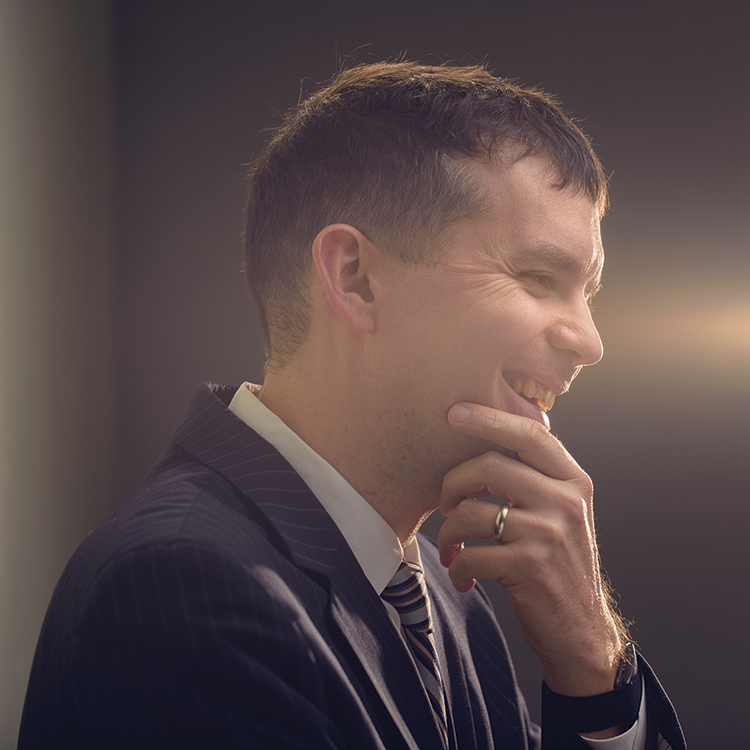
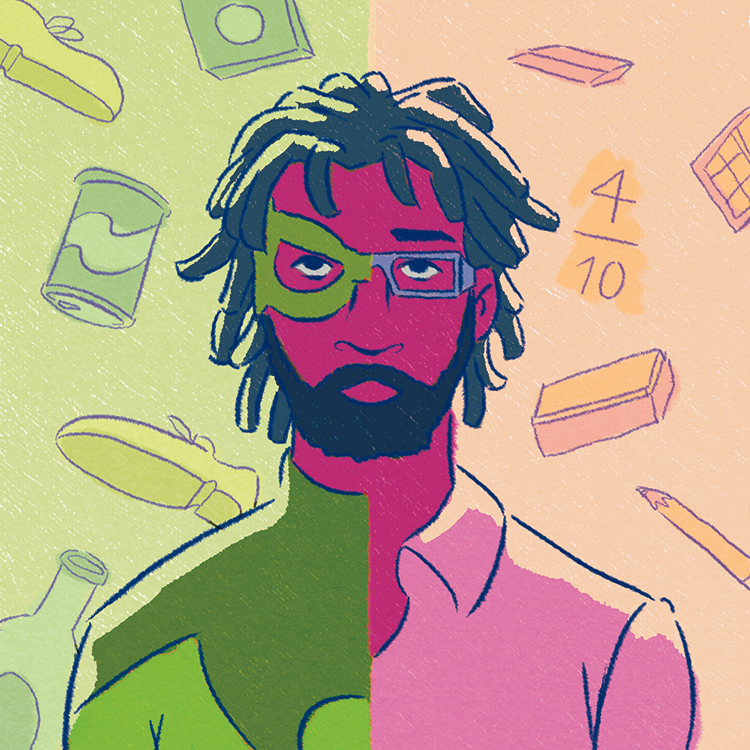
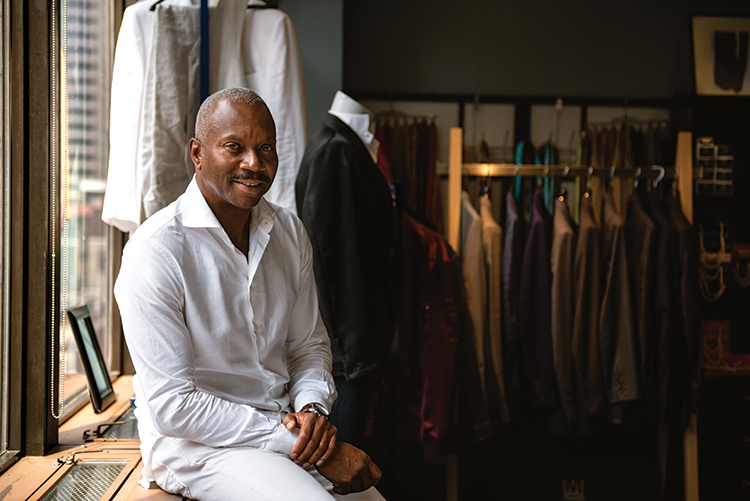
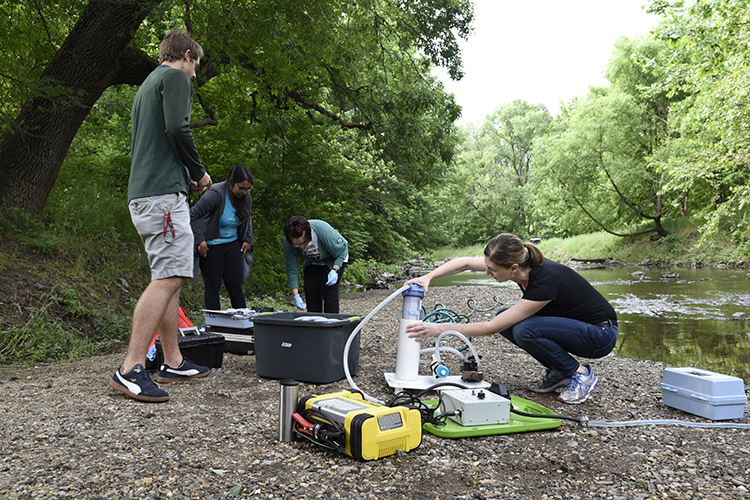

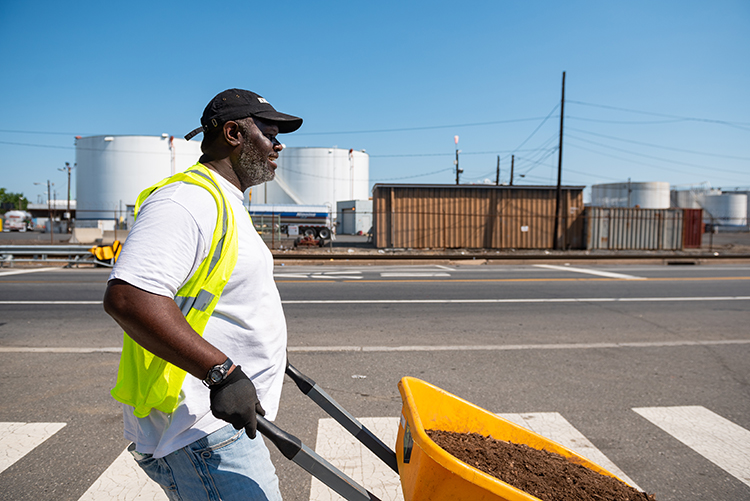
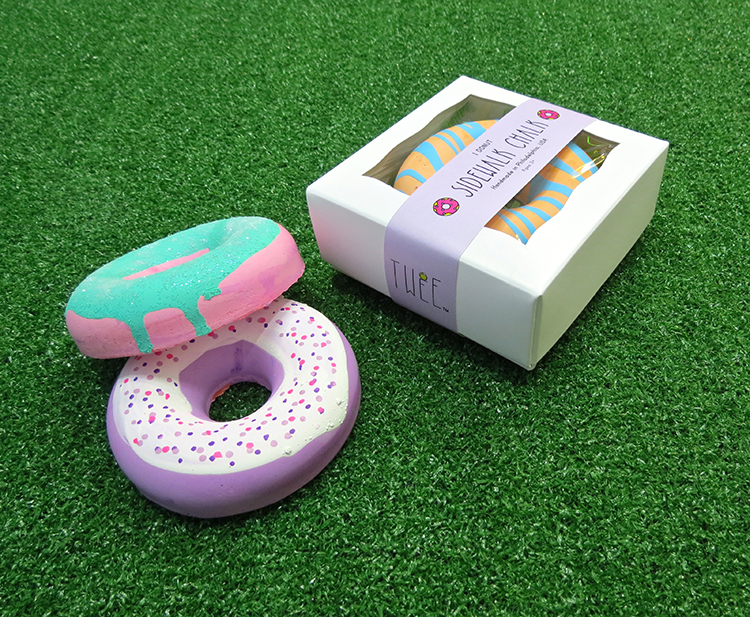
Hey Alex–I also sent you an email to try to give you some more optimism but you did not mention it. It was about Steven Pinker’s book Enlightenment Now: The Case for Reason, Science, Humanism and Progress (2018). Check it out and see if it helps.
Bob Groves, Phila., PA